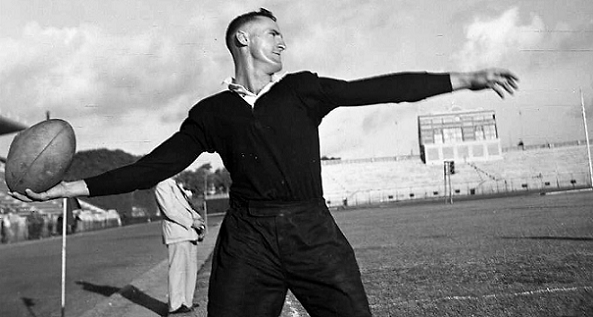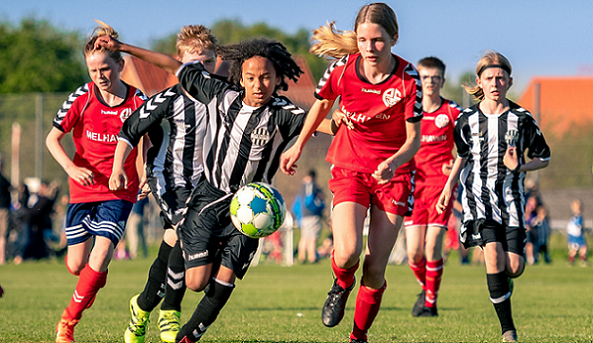There is nothing intuitively wrong with striving for achievement, provided that a balanced perspective is maintained. Many professional occupations have grappled with this balance, with some now taking decisive action. The Financial Times reports that jobs in the financial sector (for example) are 44 per cent more likely to incur stress-related illnesses than the average job. As a result, investment banks, “including Goldman Sachs, Citi, Morgan Stanley, BNP Paribas and Standard Chartered are [now] offering employees the services of psychologists, counselling and GPs. They are organising educational sessions on themes such as resilience, sleep and parenting. They are bringing in experts to teach their employees techniques like cognitive behavioural therapy, mindfulness, as well as acceptance and commitment therapy.” Similarly, the high performance focus of elite sport can also create stress-related illness, particularly for youth who are vulnerable to the pressure created by society's demand for their success.

("Pressure to succeed" is a major stress factor for 60% of 18 to 24 year olds)
There are a number of serious considerations in the promotion of elite sport as a professional career to youth. Unlike non-sport professional careers which (more often than not) make an ongoing economic contribution through the individual’s work (which may last decades), a career as an elite sportsperson is most likely to commence and conclude within-a-decade and provide limited post-sport employment opportunities at a similar level of remuneration, or opportunities for parallel career development. A 2018 Professional Players' Federation (PPF) survey said many professional sportspeople "lose their identity" when they finish playing sport, experiencing "loss", "regret" and "devastation".

(Over 50% of elite sportspeople do not feel in control of their lives within two years of retiring)
In elite sport, there are two principal factors potentially placing our youth athletes under increasing mental stress at a formative stage in their lives. The first is that a young athlete’s persona becomes defined by their success in the sport arena, (where recognition or approval become the athlete's motivation, or there is excessive pressure to perform); the second is that the persona of the nation is defined by the success of its sporting youth. Both factors have potentially negative consequences. To address the first, National Sport Organisations (and their associated professional recruitment arms) must do more to ensure that teenagers are not placed under unreasonable stress “to perform”, on the basis that (at their vulnerable age) their self-identity becomes inextricably linked to their success on the sporting stage. To address the second, Government must disassociate itself more from the self-induced jingoism that New Zealand’s identity is defined by its sporting prowess, in what are largely minority global sports.

(Sport nationalism can have both positive and negative social outcomes)
While sporting success on the international stage may be seen by many countries, including New Zealand, as an important part of maintaining global visibility with potential broader economic benefits, there are also negative risks in promoting sports and sportspeople for nationalistic purposes, as seen in the recent case of Belarusian athlete Krystina Tsimanouskaya who faced reprisals for objecting to the instructions of her country's Olympic officials. A recent article in the Atlantic newspaper notes that in relation to the recently concluded Olympic Games in Tokyo, “more and more, the international spectacle has become synonymous with overspending, corruption, and autocratic regimes.” It is not unreasonable to suggest that the Gold Medal Table trumpeted by global media is less to do with the health and well-being of nations, as it is to do with the desire of governments to demonstrate global relevance.

(Amateur sport is an antidote for mental ill-health)
“Sport” (in an amateur sense), is an effective antidote for mental ill-health. It generally encourages positive community interaction, good-natured social rivalry and an opportunity for people from all walks of life to come together in support of a common recreational interest. We must do more to protect our talented sporting youth from the commercial and nationalistic drumbeat which has the potential to curtail their full potential in becoming all-round contributors to society.